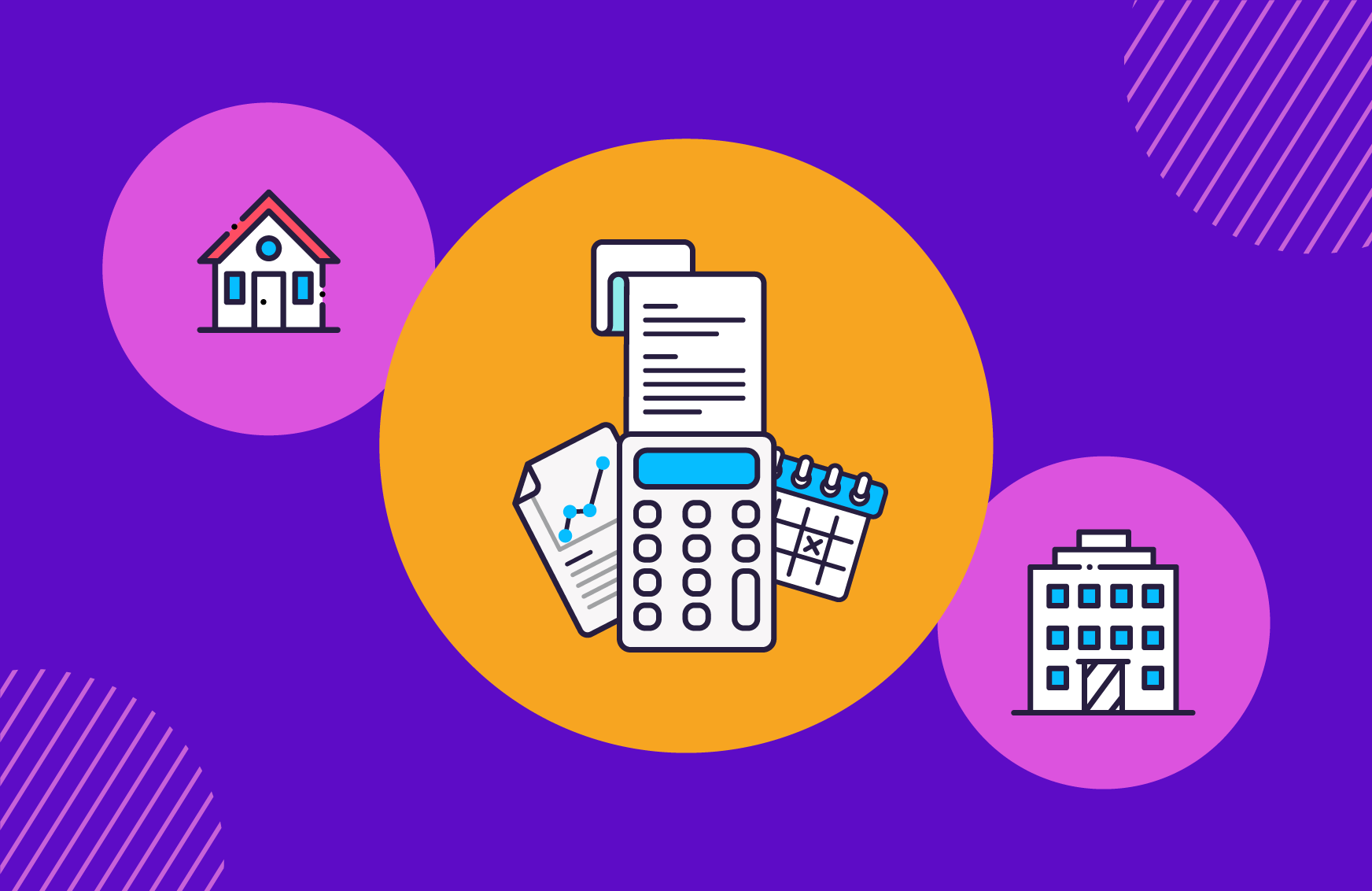5 reasons why business and personal expenses should be kept separate
Your business and your personal life will inevitably mix from time to time, particularly when you have a lot on your plate. Your business expenses, however, should definitely be kept apart from everything else. Here are five reasons why it’s important to organise your business and personal finances separately.
1 - Your tax return will be much simpler
It almost goes without saying that your tax return needs to be as accurate as possible. That all depends on the accuracy of the earnings you’ve recorded, the receipts you’ve saved, and the invoices you’ve sent over the last tax year. Your personal and business tax returns are separate entities, but still linked, so it’s important to make sure everything adds up and can be explained.
If it’s inaccurate, you could over or underpay your tax. Both are inconvenient in different ways, and can sometimes involve fines and penalties. If you have an accountant (which is definitely a good idea if you’ve got a few things to organise), they’ll take care of the ins and outs, but keeping clear records is up to you.
2 - You’ll record all your expenses properly
Receipts, mileage, and even the occasional coffee, all add up to money off your tax bill. Recording them can be a bit time-consuming, and a pretty big job if you don’t keep on top of it. Valid business expenses include stock and materials, travelling to see customers and clients, specialist clothing, and more. The full list is definitely worth a look.
Separate bank accounts and credit cards keep all your personal expenses and business expenses entirely apart. You won’t have to look through all your transactions and decide what belongs where - you’ll stay organised without really trying.
3 - You’ll have a clear view of your profits
With extra numbers you don’t need, and running totals that aren’t relevant, mixed accounts make it quite difficult to really judge the profitability of your business. When you’re deciding what’s affordable now, or forecasting for the future, it’s important to have a clear view of the figures that matter. Get rid of all the personal clutter (your weekly shop, for example) and you can focus on your business’ finances.
Separate bank accounts are useful, but putting all your invoices through a smart software gives you a visual idea of how well your business is growing too. Solna’s insights and intuitive dashboard show you how your business is performing in close detail, plus you can check your customers’ financial health with credit limit information and data from Companies House.
4 - Your business credit rating will develop over time
Having a spotless personal credit score is brilliant, and can make it easier for your business to borrow money and get better interest rates. However, developing a detailed, positive credit report for your business is just as important.
When looking for credit, lenders will judge the affordability based on your own finances and your business’. The more evidence there is you’re a good borrower, the more likely you are to be approved - creating another creditworthy profile for yourself is very sensible if you’re planning on getting finance any time soon.
5 - You’ll have a clear view of your profits
Keeping your finances separate is important practically, and also metaphorically. You might not think it matters too much because the bank statements are only addressed to you, but just like a professionally-designed website, professional looking invoices, or signing the lease on a premises, it shows you’re serious.
Giving your business its own financial identity improves trust when you’re working with new customers, looking for investment, or paying staff and contractors.
Solna’s Guide to Finance and Accounting for Startups and Small Businesses shows you how to get organised, how to choose the right software, and how to manage healthy cash flow. Give it a read.
Create invoices in a flash, automate your cash flow, and reduce your exposure to risk with the first invoicing software to be powered by credit score data. Oh, and it’s free!







